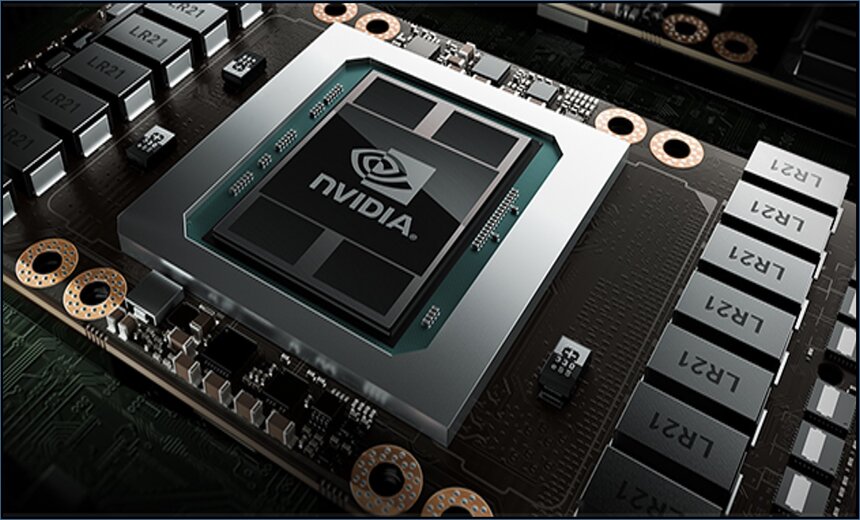Standards, Regulations & Compliance
3-Month Delay in Blackwell Chip Release Unlikely to Hurt Nvidia’s 95% Market Share

The delay in the rollout of Nvidia’s artificial intelligence chips could slow the rapid pace of AI development but is unlikely to cause a significant setback for the chip giant or its customers, according to analysts.
See Also: Um guia estratégico para colocar seus dados para trabalhar
Nvidia reportedly pushed out the release of its next-generation chips at least three months to address design flaws discovered at the final stages of production. Big tech artificial intelligence-focused customers such as Meta, Google and Microsoft expected to receive “tens of billions of dollars” worth of the chips, but mass shipments of the Blackwell B200 AI chips may not happen till early 2025, The Information reported, citing a letter from Nvidia to Microsoft.
Nvidia CEO Jensen Huang in May said the company would ship the Blackwell chips in the second quarter this year.
Analysts say the delay will not affect Nvidia’s lead in the chip market, as the company’s “competitive window is so large right now that we don’t think a three-month delay will cause significant share shifts.” The company’s older Grace Hopper chips will “help fill the gap” in the meantime, according to media reports, citing Bernstein analyst Stacy Rasgon’s note to clients.
Design flaws and chip respins – which refer to fixing bugs related to a circuit design and sending it for manufacturing again – are common for sophisticated chips, said Deming Chen, an IEEE fellow and professor of electrical and computer engineering at the University of Illinois’ Grainger College of Engineering.
While the delay is not likely to hurt Nvidia’s market cap, it will slow down the exponential growth of AI tech for a noticeable period of time, he told ISMG. Other companies expected to adopt Blackwell include Amazon Web Services, Dell Technologies, OpenAI and Oracle.
Nvidia potentially commands up to 95% of the global market for chips that are in high demand as necessary hardware for training AI models. The demand for Nvidia chips propelled the company’s market capitalization, briefly dethroning Microsoft as the most valuable company in the world. Its near-dominance in the industry has invited global anti-competition investigations, with the U.S. Department of Justice most recently joining the list of agencies looking into the chipmaker’s business (See: US DOJ Probes Nvidia on Competition Concerns: Reports ).
Raymond James analyst Srini Pajjuri said the delay could in fact benefit Nvidia.”We expect any potential delays in Blackwell to drive upside to Hopper demand in the short term, which could actually benefit gross margins,” he said.
The Blackwell B200 is likely to be twice as powerful as the H100 Hopper chip that tech giants currently use to train AI models. With a graphic processing unit of 208 billion transistors, its computational task performance time is 30 times faster than the Hopper chip. The Blackwell chip is also expected to reduce cost and energy consumption by up to 25 times compared to the H100. Huang told CNBC that each Blackwell GPU was priced at $30,000 to $40,000.
